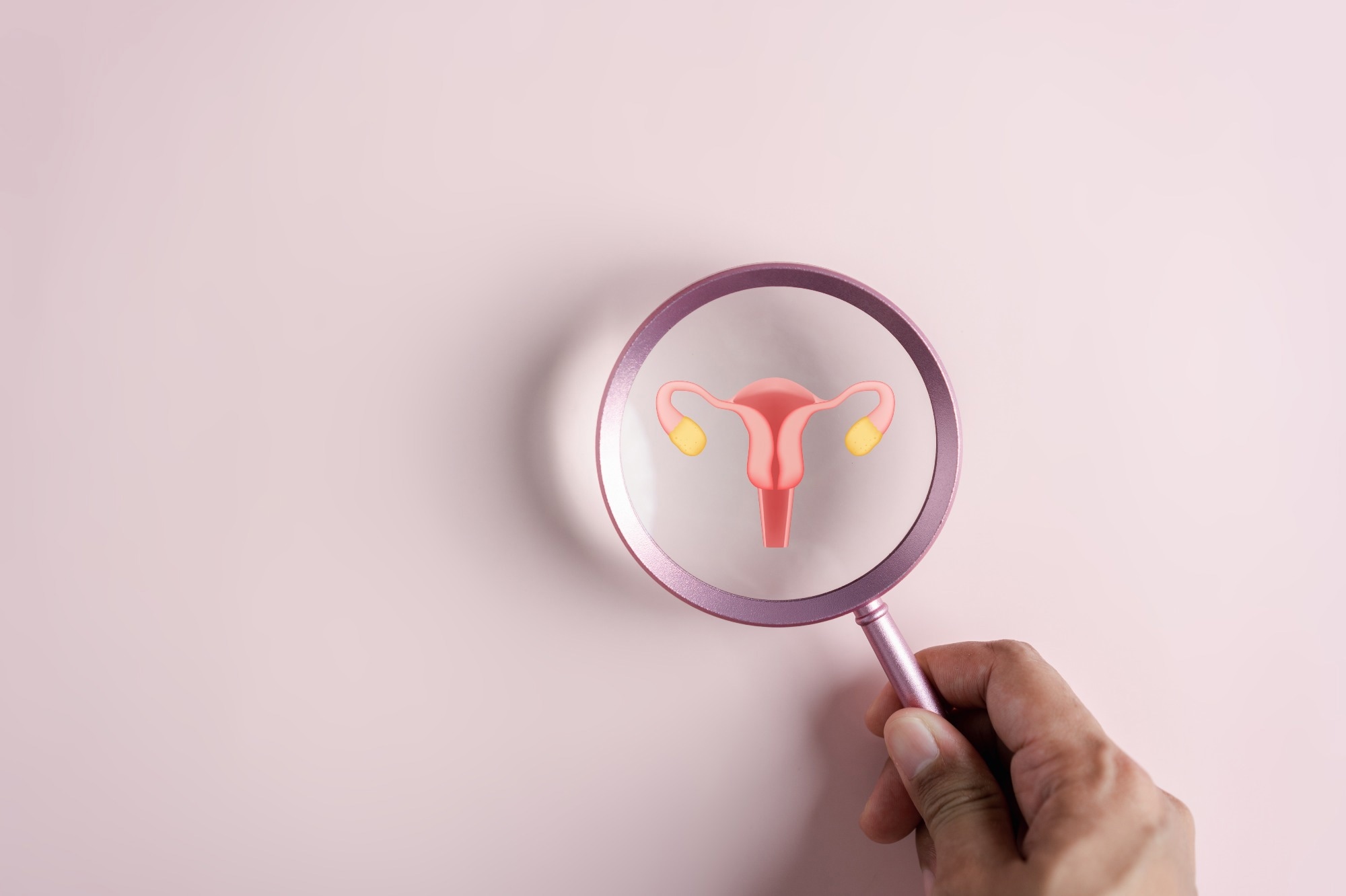A recent Nature Communications study explored the association between polycystic ovary syndrome (PCOS) and birth outcomes in women with PCOS overall and assessed the role of potential confounders.
Study: Systematic review and meta-analysis of birth outcomes in women with polycystic ovary syndrome. Image Credit: MMD Creative/Shutterstock.com
Polycystic ovary syndrome and birth outcomes
About 13% of women in their reproductive years are affected by PCOS. Anovulatory infertility is likely in women with PCOS, who undergo fertility treatments to conceive.
Other health disorders, such as hypertension, obesity, and depression, are also more likely in women with PCOS and contribute to worse birth outcomes in the offspring.
Meta-analyses conducted on women with PCOS have revealed more adverse outcomes like perinatal mortality, admission to neonatal intensive care units (NICUs), lower mean birth weight, and higher preterm birth relative to women without PCOS. However, some gaps exist in research.
For example, reports on weight-associated indices of offspring of women with and without PCOS are inconsistent. Other gaps include a lack of sub-group analyses and unclear data on the influence of maternal characteristics on birth outcomes.
About the study
This meta-analysis and systematic review is an updated version of previously published reviews containing publications until 4 April 2017.
Here, the search period was extended to 13 July 2022, and only papers published in English were included. Several databases were considered, such as Medline, EMBASE, Cochrane, Health Technology Assessments, etc.
The studies that were included consisted of observational data on preterm birth, low birth weight, fetal growth, small or large for gestational age, and macrosomia for women with and without PCOS.
The studies that used the International Classification of Diseases (ICD) or self-reported PCOS were excluded. For inclusion, the PCOS diagnosis had to meet the Rotterdam criteria.
Random-effects meta-analyses were conducted to generate pooled effect estimates for the association between pregnancy outcomes and PCOS status. In additional exercises, the results were validated by excluding studies where women conceived after bariatric surgery or were taking metformin post-conception.
Study findings
A total of 73 articles were included in the present systematic review, which provided data on 77,811 offspring of women without PCOS and 15,070 offspring of women with PCOS.
Relative to women without PCOS, women with PCOS were younger, had higher gestational weight gain, and had higher body mass index (BMI). The lower age in PCOS remained significant in the sensitivity analysis.
The odds of preterm birth were relatively greater among women with PCOS, both in the baseline and sensitivity analyses. The odds did not change much over time in women with and without PCOS.
This result was also true in post-Assisted Reproductive Technology (ART) pregnancies but not in pregnancies with gestational diabetes mellitus (GDM).
Concerning birthweight, a lower mean birthweight was noted in women with PCOS. This result did not change over time and was robust in additional exercises. However, it did not hold true in post-ART and GDM pregnancies.
In sub-group analyses where women were age-matched, and age-BMI matched, PCOS was correlated with lower mean birthweight.
Macrosomia, or high birthweight (around 4,000g) was similar in women irrespective of their PCOS status, and this result was robust in sensitivity analyses.
Additionally, the result was time-invariant, as shown by cumulative meta-analysis. The odds were similar in pregnancies with GDM, post-ART pregnancies, and prospective and high-quality studies.
Women with PCOS also showed higher odds of fetal growth restriction. This result was neither retained in post-ART pregnancies nor age or age-BMI-matched sub-samples. However, this result was also noted in some prospective studies, and no study has reported fetal growth restriction in pregnancies with GDM.
There was no difference in the odds of small gestational age across the two groups of women. Furthermore, no difference was noted in the odds of large for gestational age. These results were robust in sensitivity analyses.
Cumulative meta-analysis suggested a diminishing magnitude in both small and large odds for gestational age.
The odds of small for gestational age were lower in post-ART pregnancies and prospective studies but not in GDM pregnancies or high-quality studies. The odds of large for gestational age were similar in post-ART and GDM pregnancies and in prospective and high-quality studies.
Conclusions
This analysis documented that women with PCOS are more likely to experience preterm birth, fetal growth restriction, and low birth weight. Risk factors such as ART, BMI, and age should also be given due consideration in women with PCOS.
One limitation centers around the lack of consistency in defining the study’s risk factors. Many studies failed to report gestational weight gain, while others provided unclear or inconsistent definitions for some outcome variables.
Furthermore, few studies were available for the sub-group analyses, including pregnancies with GDM, post-ART pregnancies, and high-quality studies.








